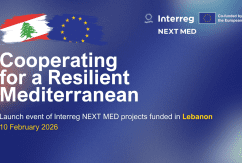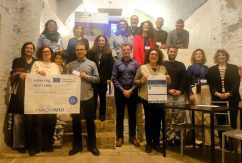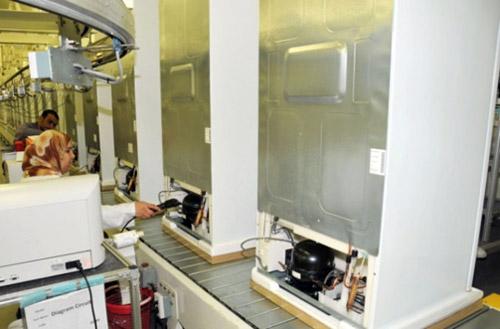Climate Week : UfM declares climate finance a priority for the region

Facing the unprecedented situation created by the COVID-19 pandemic, UfM Members States, scientific experts, civil society representatives and other relevant climate actors gathered at the 2020 UfM Mediterranean Climate Week on 14 July to discuss key climate-related issues.
The meeting was an opportunity for the UfM to present its Climate Action Plan for the period 2021-2025. The main focus of its work is the reinforcement of the Science – Society – Policy nexus, including the role of youth, the active regional participation in the Nationally Determined Contributions (NDCs) of the Paris Agreement, to be submitted this year, and the mobilization of climate finance.
In the global commitment to fight climate change, the current lack of data regarding international private climate finance is a significant obstacle. It limits the ability of governments to make informed decisions in their attempts to scale up climate projects. A full session dedicated to climate finance focused on the presentation of the preliminary UfM report “Climate Finance flows in the Southern and Eastern Mediterranean countries” that shows international climate finance commitments accounted for USD 695 billion in 2018, 9% of the global flows. The main recipient countries in 2018 were Morocco, Turkey and Egypt, corresponding to USD 43 billion. In terms of sectors, Renewable Energy Generation (wind farm, solar panel, etc.) represented 15% of total commitments, mainly financed by Germany and the EBRD, while Water and Supply Sanitation received USD 971 million, financed mainly by Germany and the EU institutions.
Read More





























 Syria
Syria 





